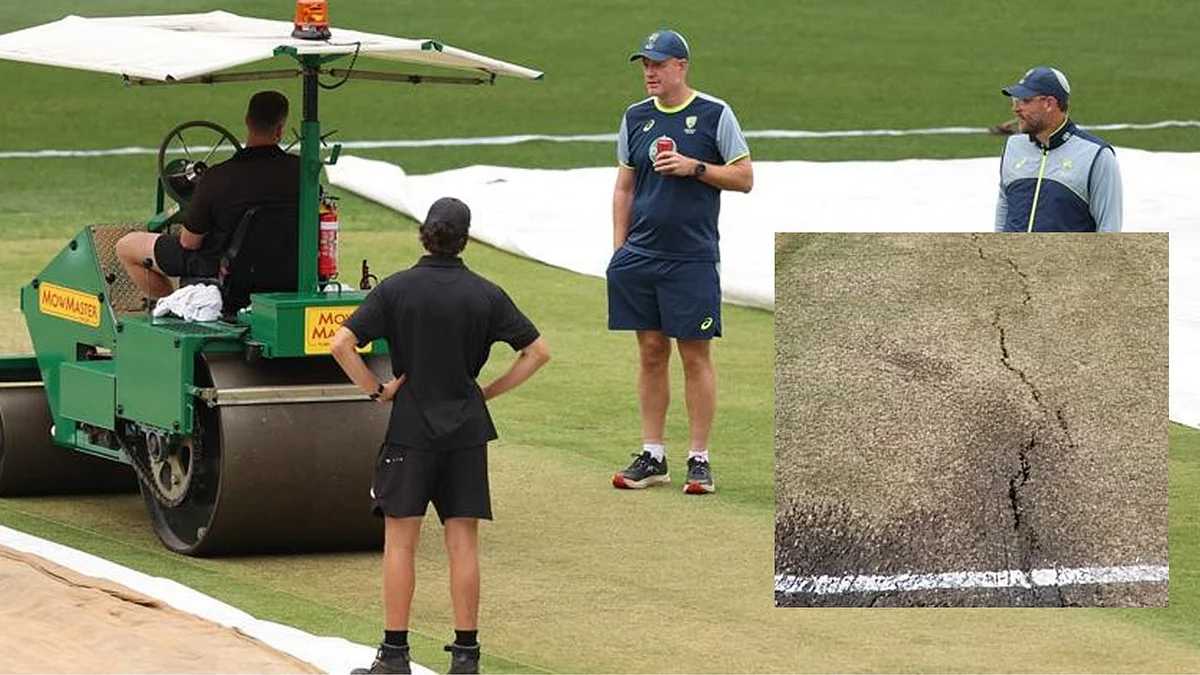Almost 43 per cent are unaware of the existing policies regarding climate change while 33 per cent are unaware of the policies for water conservation
Mumbai : Reeling under an intense heat wave ahead of the monsoon, which is likely to be delayed, over 80 per cent of the city’s 1.2 crore citizens believe that global warming is real, according to an environment survey conducted by The Energy and Resources Institute (TERI).
Many respondents feel that quality of air and water has deteriorated, along with waste management services in their cities. However, the survey shows that 59 per cent people perceive that quality of drinking water has improved.
A large majority has supported the complete ban of polythene bags in the city.
The survey covering Delhi, Mumbai, Pune, Kanpur, Indore, Guwahati, Coimbatore and Jamshedpur, focused on the environment, particularly waste and water-related issues, TERI said in a statement.
“This time, we have focused on cities which normally don’t get the kind of attention they deserve. If we want to bring about improvement in environmental quality, then the foundation on which any such effort would rest, would be on the awareness of the public,” said TERI director general RK Pachauri.
Almost 43 per cent are unaware of the existing policies regarding climate change while 33 per cent are unaware of the policies for water conservation, according to the survey.
“Urban respondents feel the government and consumers play a positive role for improving the environment. The survey will be of immense value to policy-makers in identifying areas where sound environment management policy can play a significant role, and where greater efforts of outreach and awareness building are necessary,” TERI’s fellow Prodipto Ghosh said.
Nearly 50 per cent respondents are of the view that protecting the environment is the job of the government.
On solid waste management, a lingering issue in every urban settings, close to 50 per cent of the survey respondents feel that the best strategy to manage this problem is to segregate waste before it is disposed. They are also of the view that user charges for waste management should vary with the amount of waste generated.
More than two-thirds of the respondents reported that they are aware of the electronic waste. However, over 80 per cent of them claimed that majority of the waste generated in their households is organic in nature. -PTI









